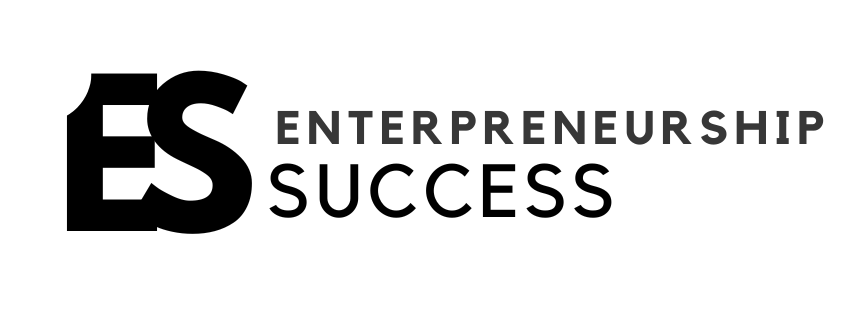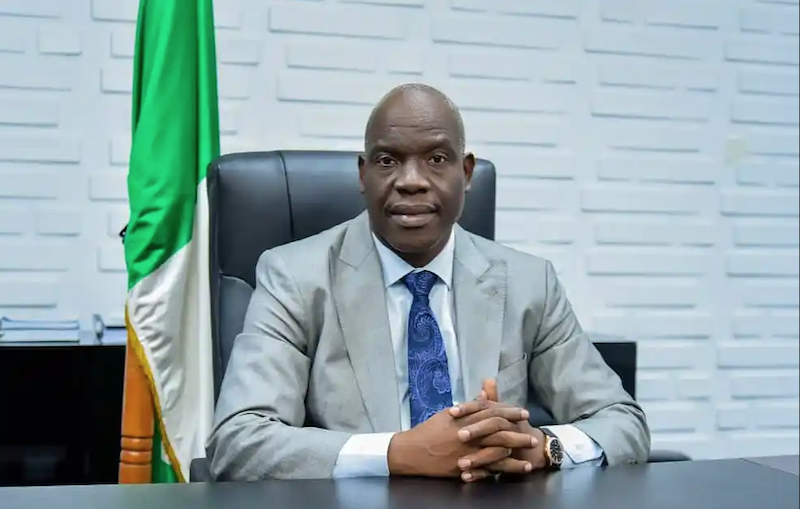Nigeria Upstream Petroleum Regulatory Commission (NUPRC)
THE BEST NIGERIAN GOVERNMENT AGENCY OF THE MONTH The Nigerian Upstream Petroleum Regulatory Commission (NUPRC), led by its Commission Chief Executive (CCE), Engr. Gbenga Komolafe. Appointed in 2021, Engr. Komolafe has been instrumental in implementing key reforms aimed at enhancing efficiency, boosting investment, and strengthening regulatory oversight in Nigeria Upstream oil and gas sector. Under his leadership, the NUPRC has developed and rolled out several regulations that have fostered growth, improved productivity, and increased government revenue from the oil and gas sector. These strategic interventions have restored investor confidence and positioned Nigeria's petroleum industry for sustained growth. Engr. Komolafe’s tenure has been marked by a commitment to transparency and efficiency, leading to significant achievements such as surpassing revenue targets and implementing initiatives to boost crude oil production. His leadership has been recognised with accolades, including the ThisDay/Arise Group CEO of the Year Award in January 2025 The Nigerian Upstream Petroleum Regulatory Commission (NUPRC) has demonstrated notable performance in Nigeria's oil and gas sector through various initiatives and achievements: Revenue Generation: Surpassing Revenue Targets: In 2024, the NUPRC exceeded its revenue target by 49%, a feat attributed to strategic reforms aimed at plugging financial leakages and attracting substantial investments. Production Enhancement: Project 1 Million Barrels Per Day (1MMBOPD): Launched in October 2024, this initiative aims to increase Nigeria's daily crude oil production by an additional one million barrels, focusing on securing alternative funding and creating solutions for production growth. Increased Rig Count: Under NUPRC's oversight, Nigeria's rig count has doubled from 16 in 2021 to 32, reflecting efforts to boost upstream activities and enhance crude oil production capacity. Digital Transformation: Recognition for Digital Initiatives: In October 2024, NUPRC was honored as the Best Federal Ministry, Department, and Agency in Digital Transformation at the Nigeria GOVTECH Conference and Awards, highlighting its commitment to leveraging digital solutions in the oil and gas sector. Transparency and Accountability: Implementation of Transparency-Driven Initiatives: The commission has introduced measures such as the Advance Cargo Declaration Solution and the Engineering Audit of Upstream Measurement Equipment and Facilities to enhance transparency and accountability in the sector. Regulatory Compliance: Development of Priority Regulations: NUPRC has developed 25 priority regulations, with 17 already gazette to strengthen investor confidence and ensure compliance within the upstream petroleum sector. These accomplishments and many others underscore NUPRC's dedication to effective regulatory practices, transparency, and the sustainable development of Nigeria’s petroleum resources.






